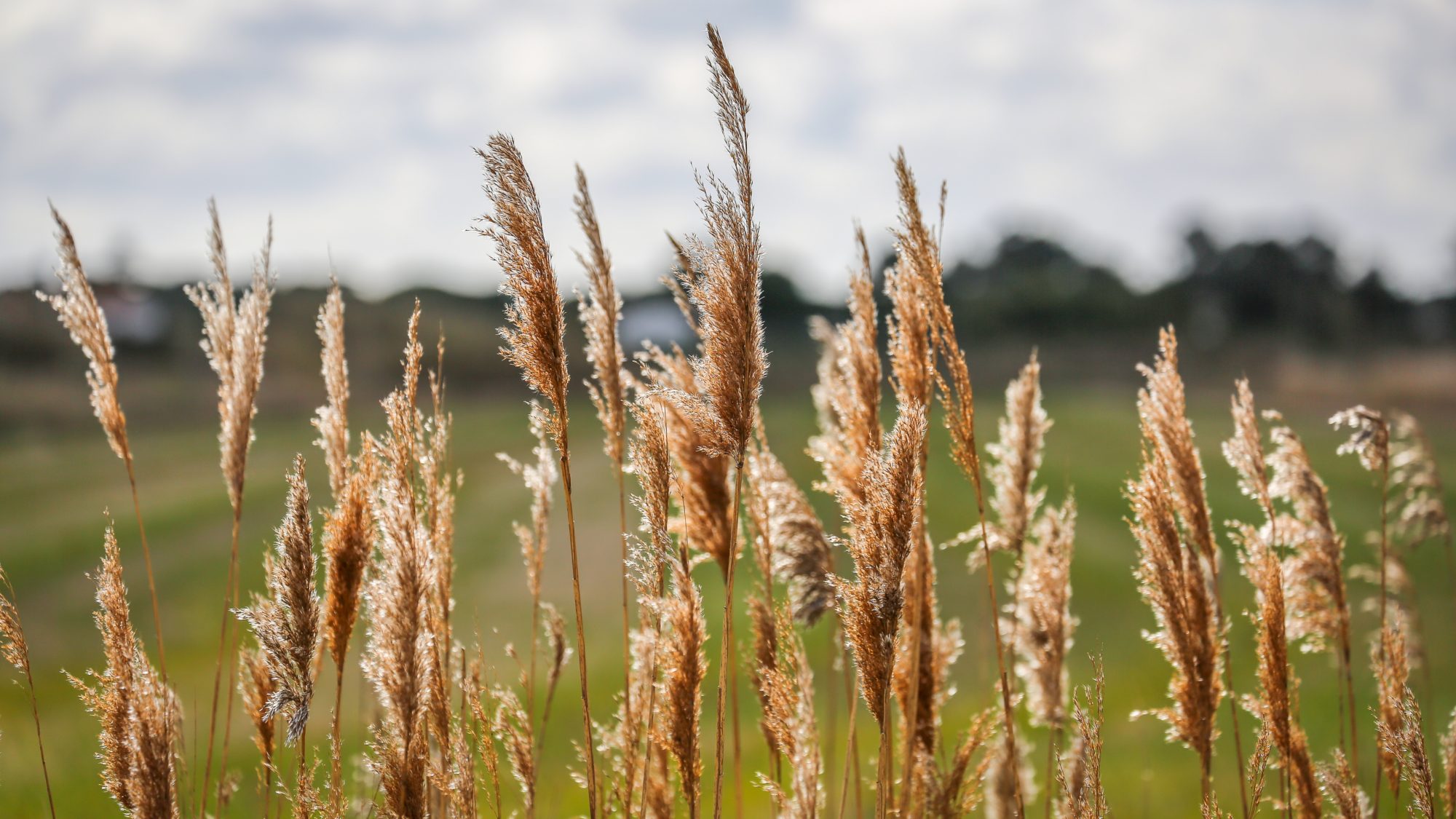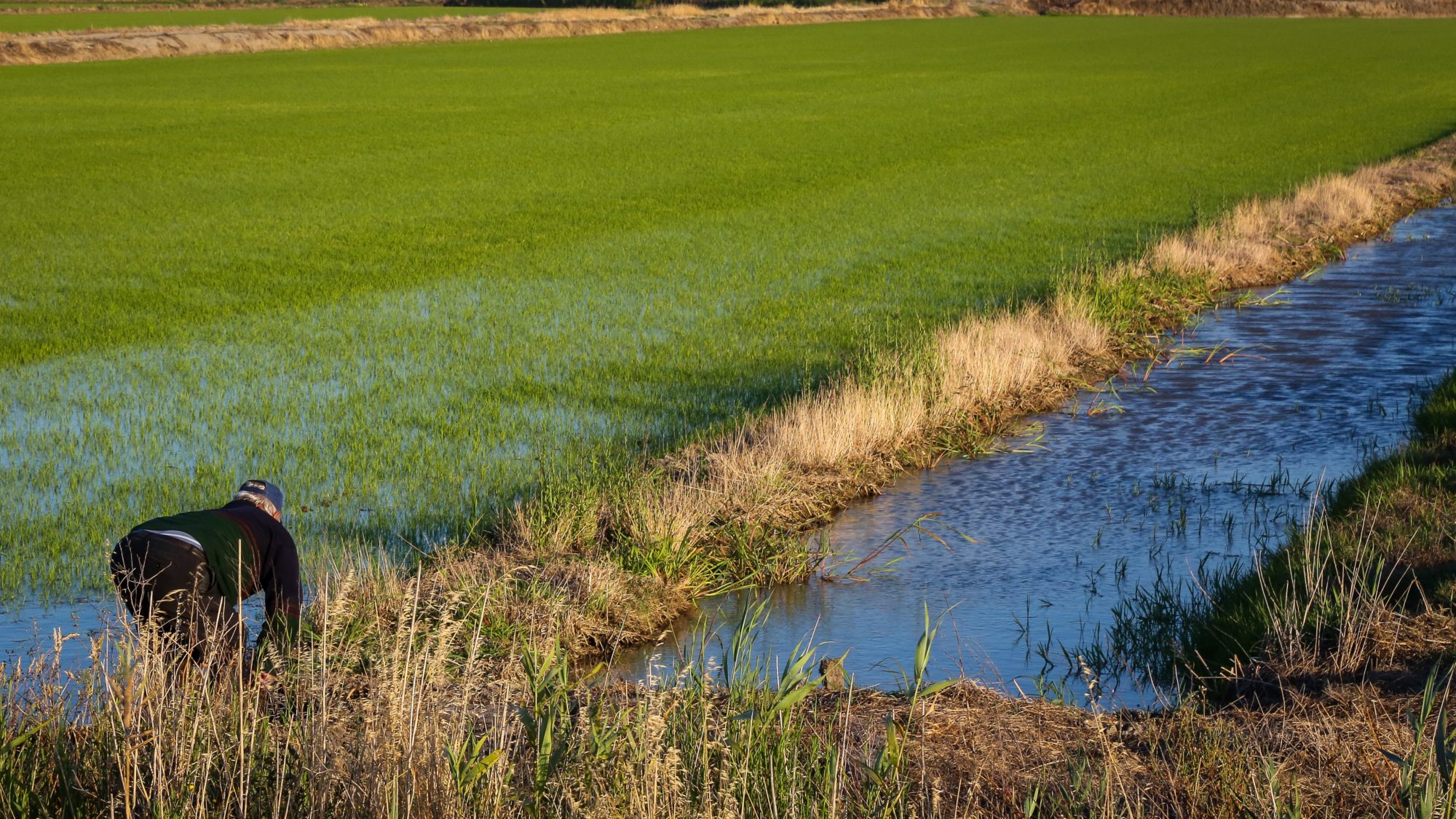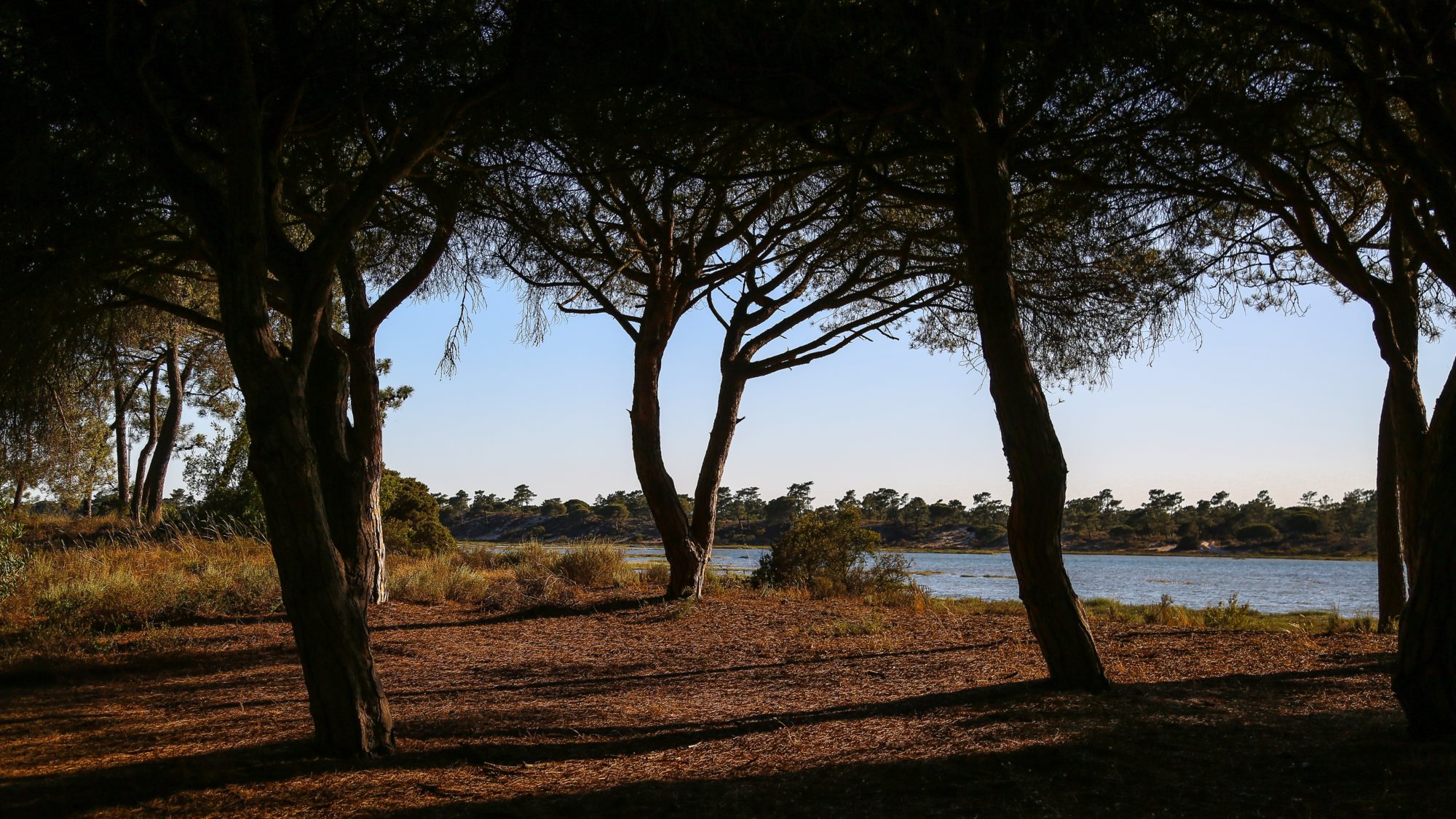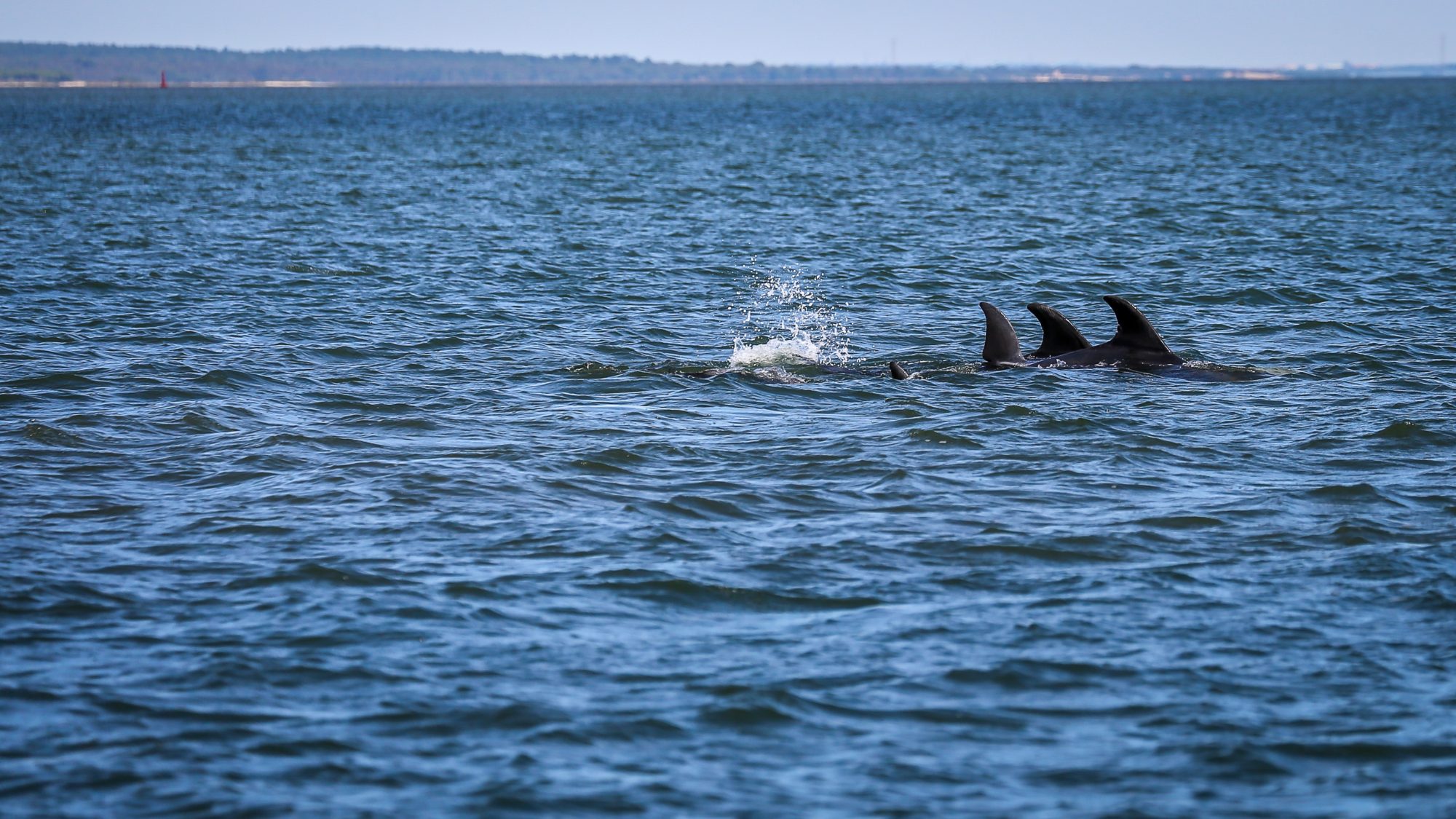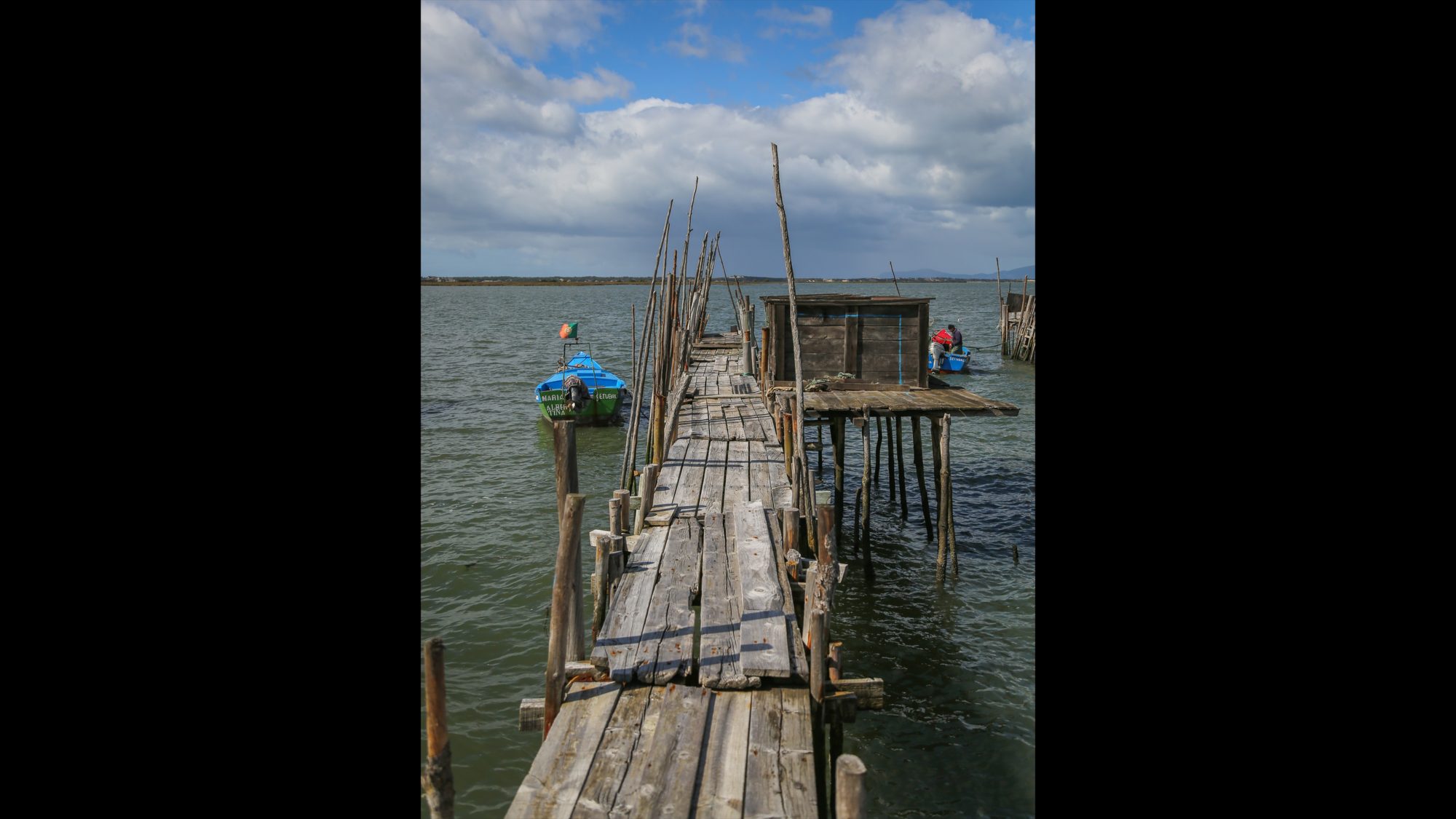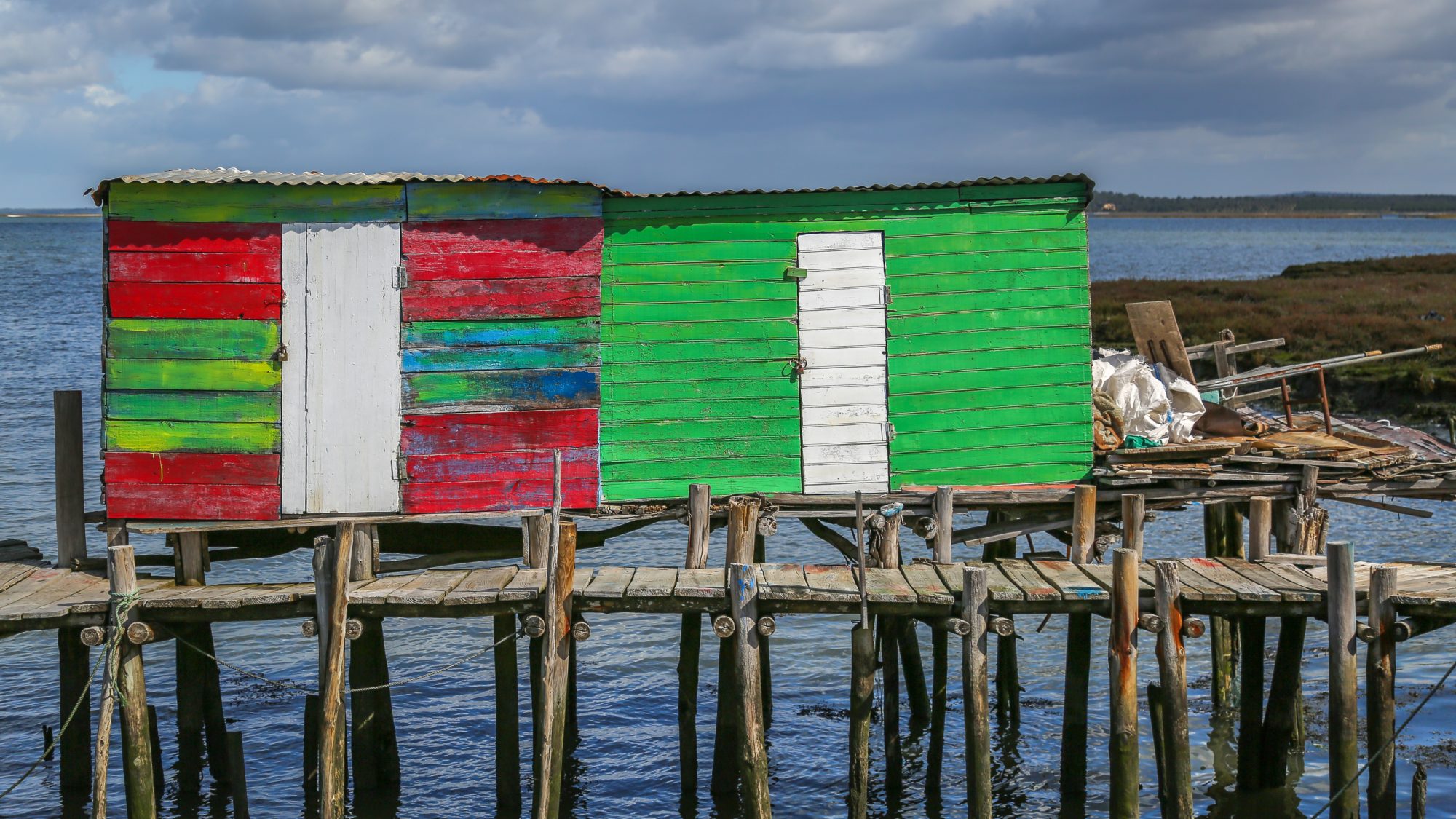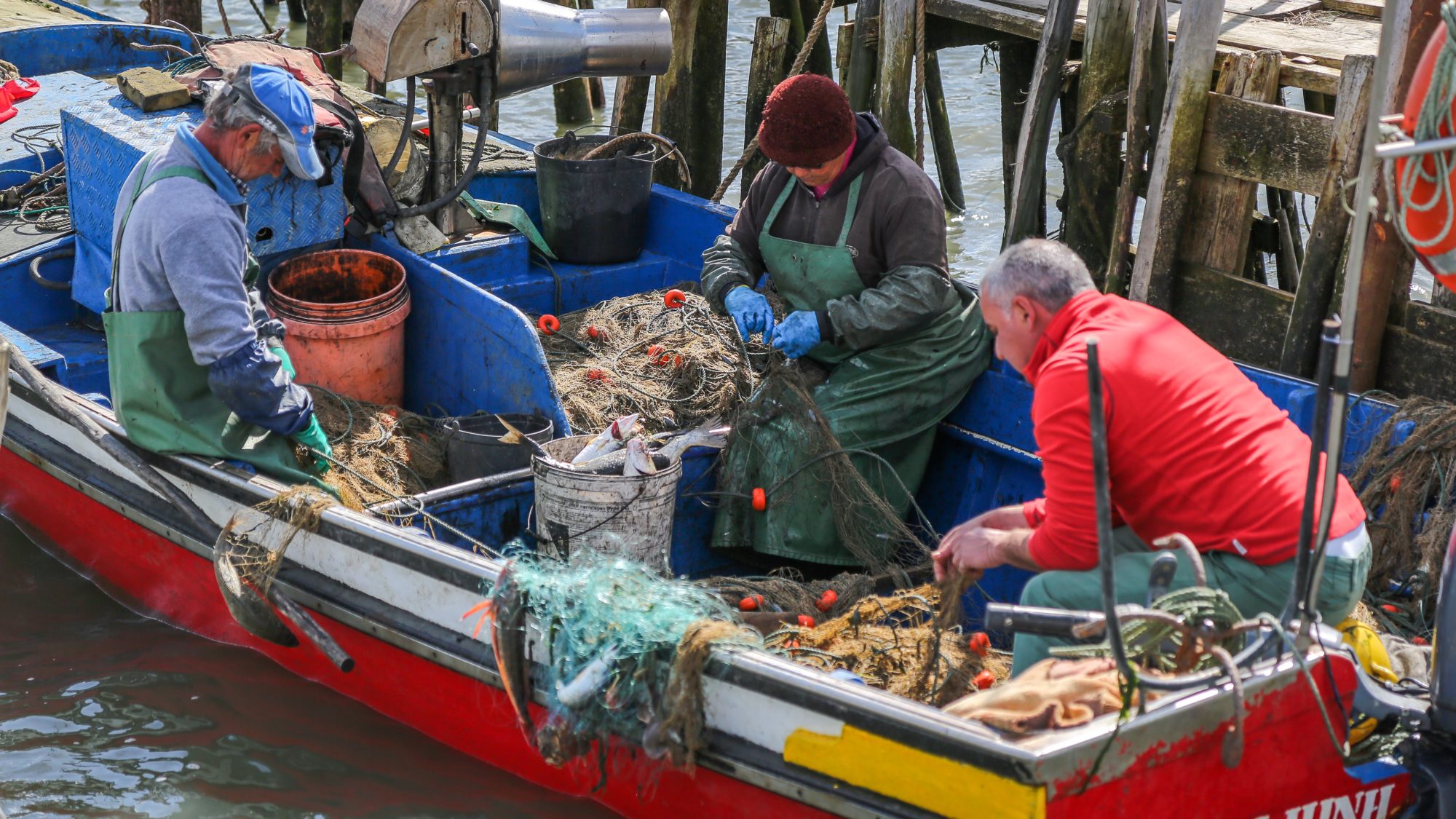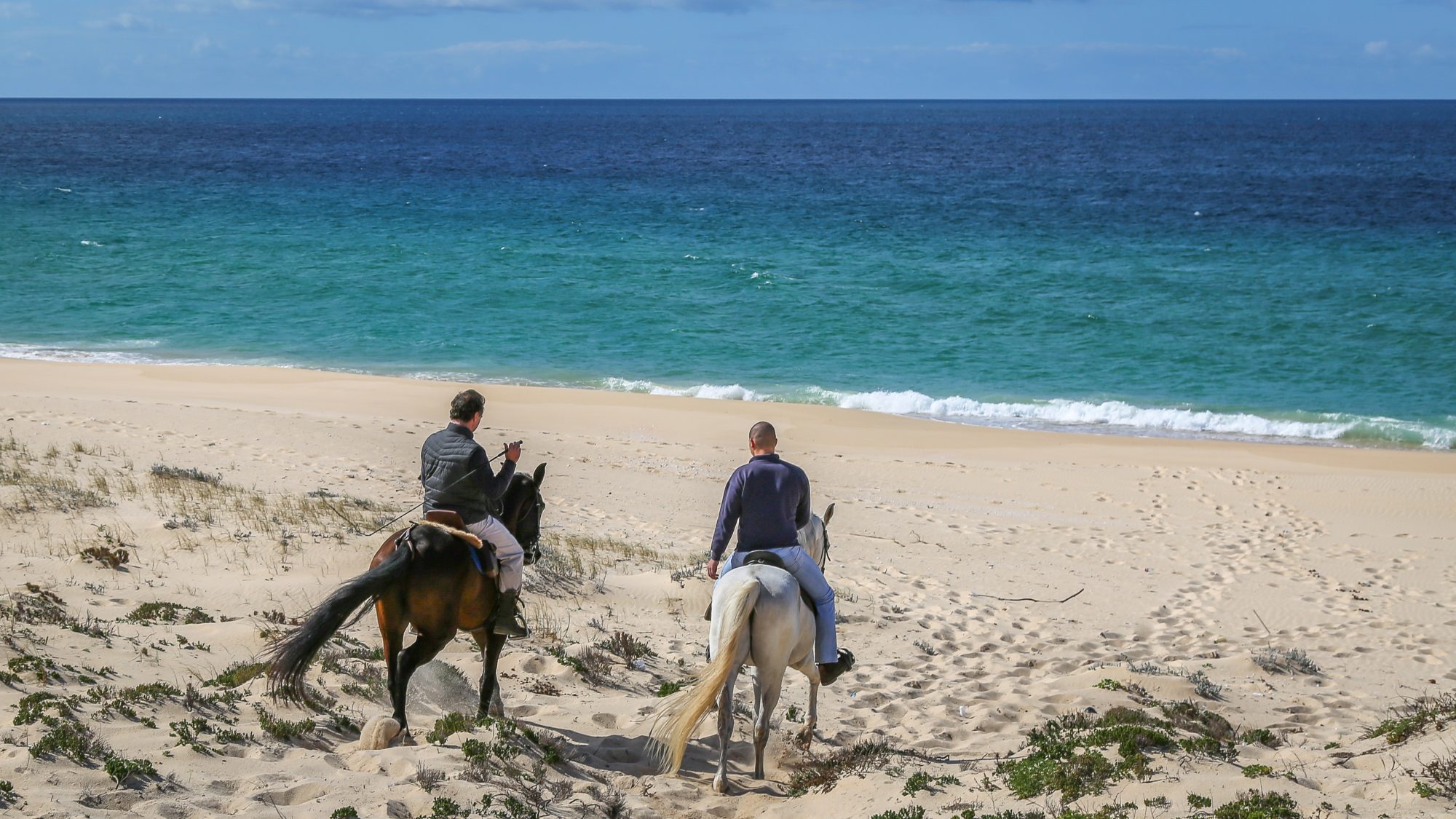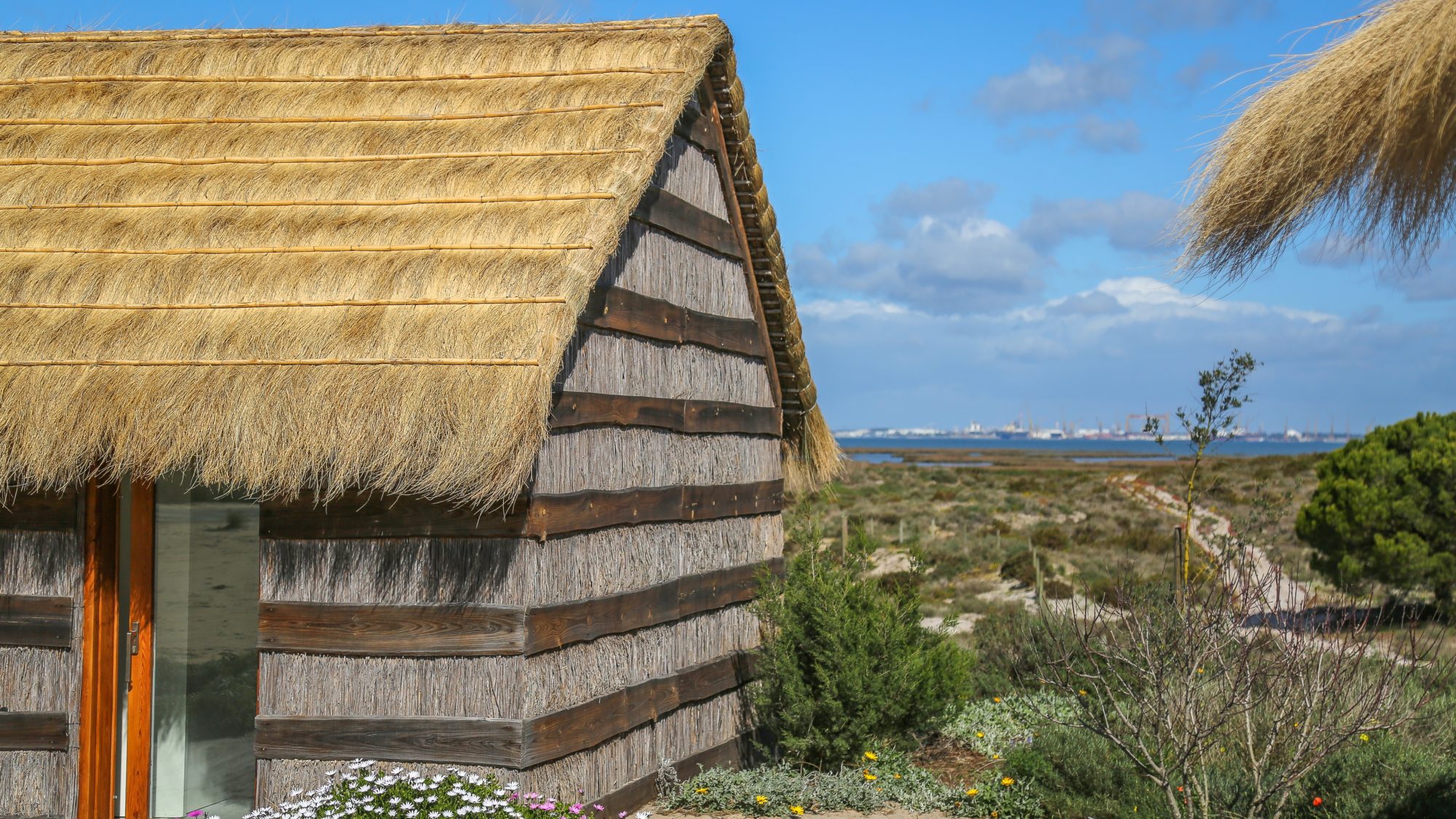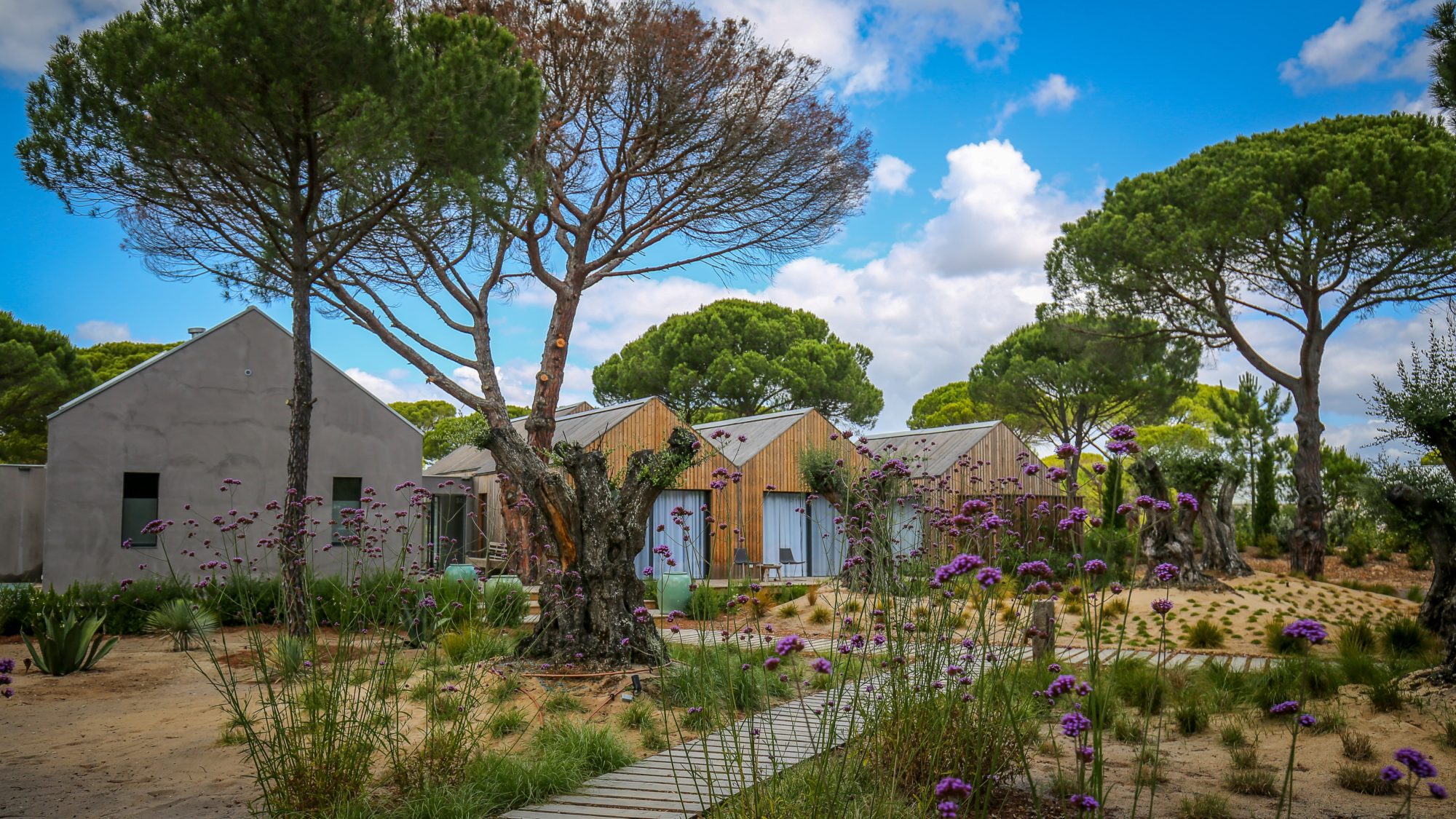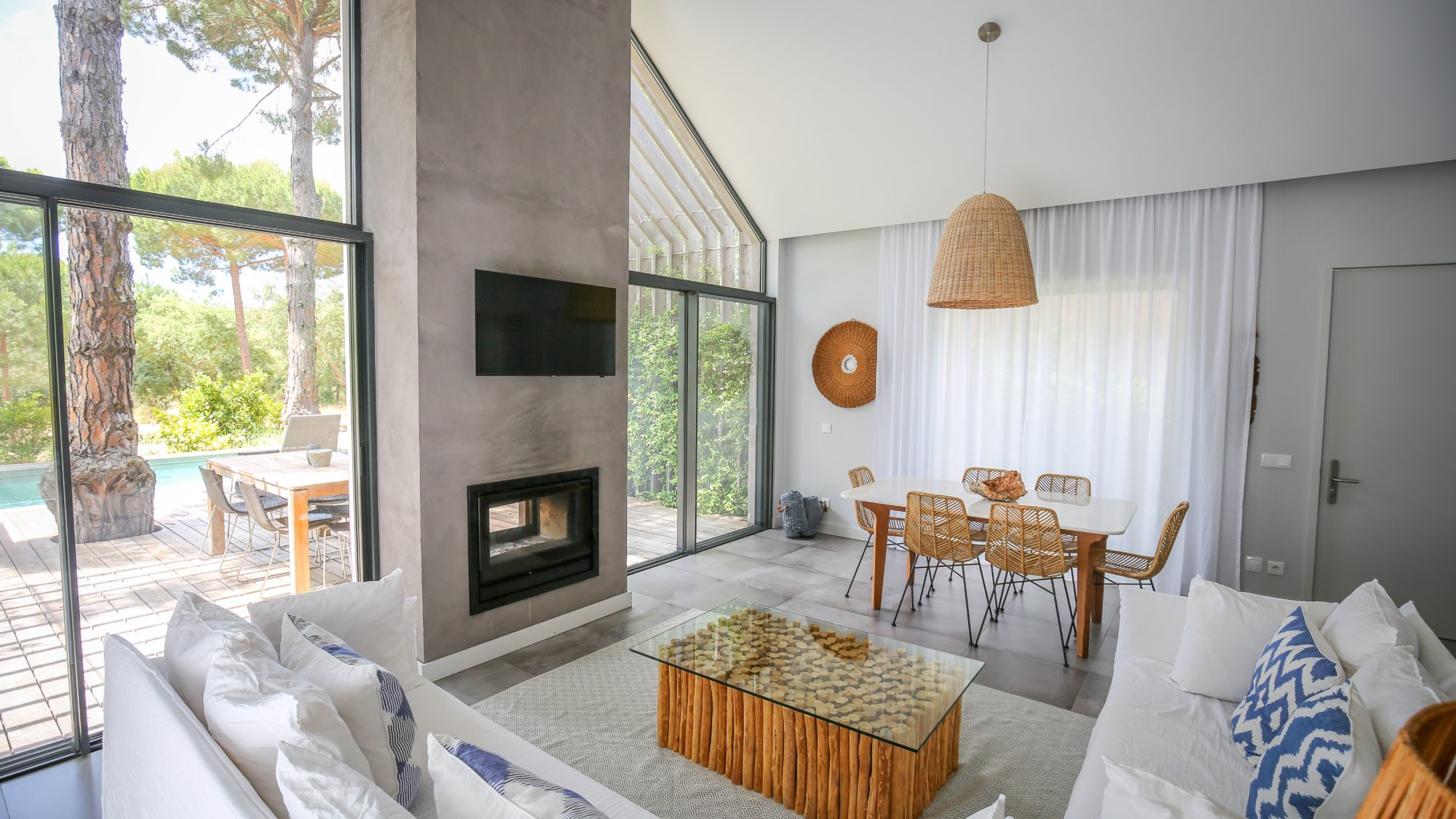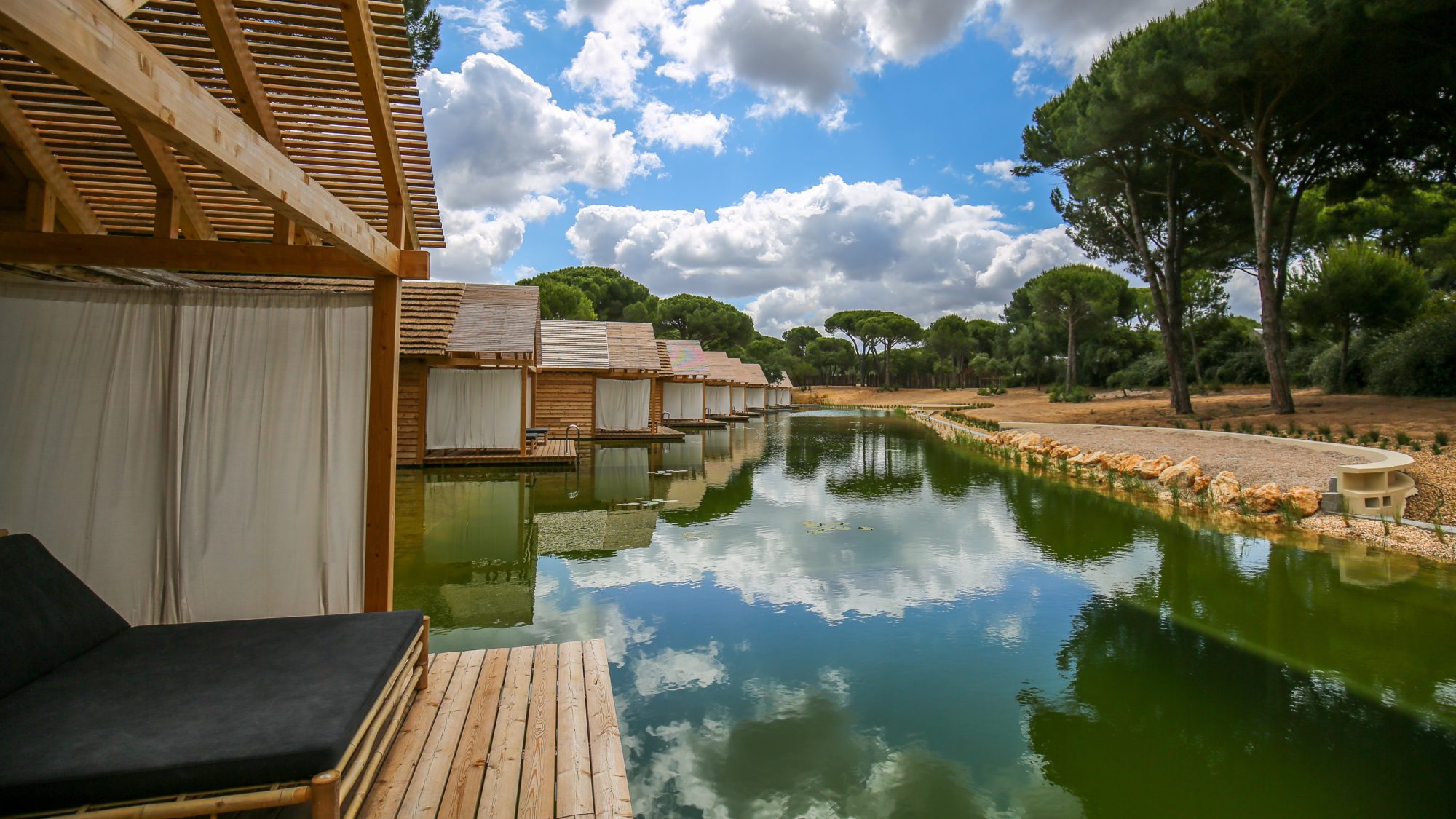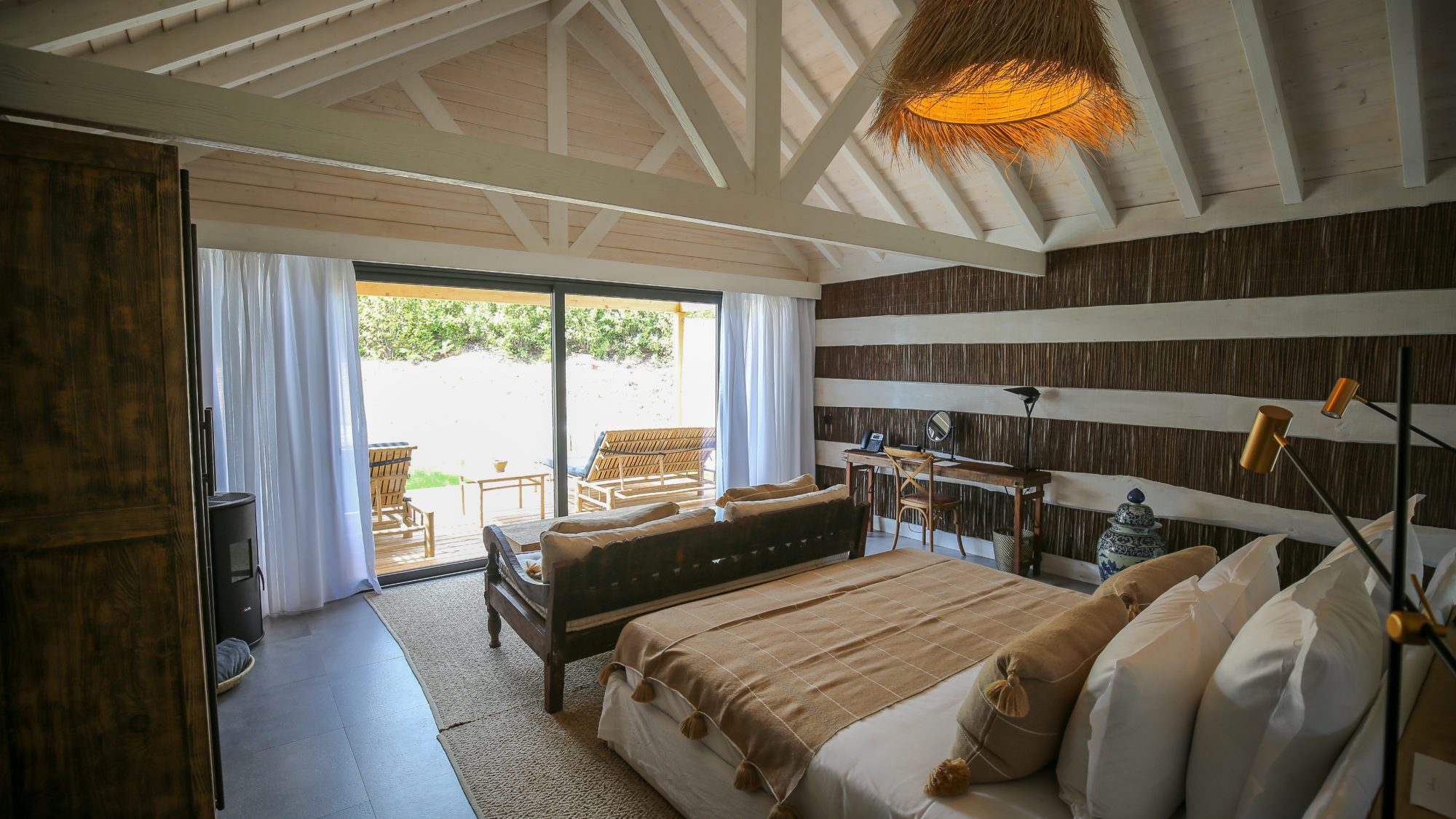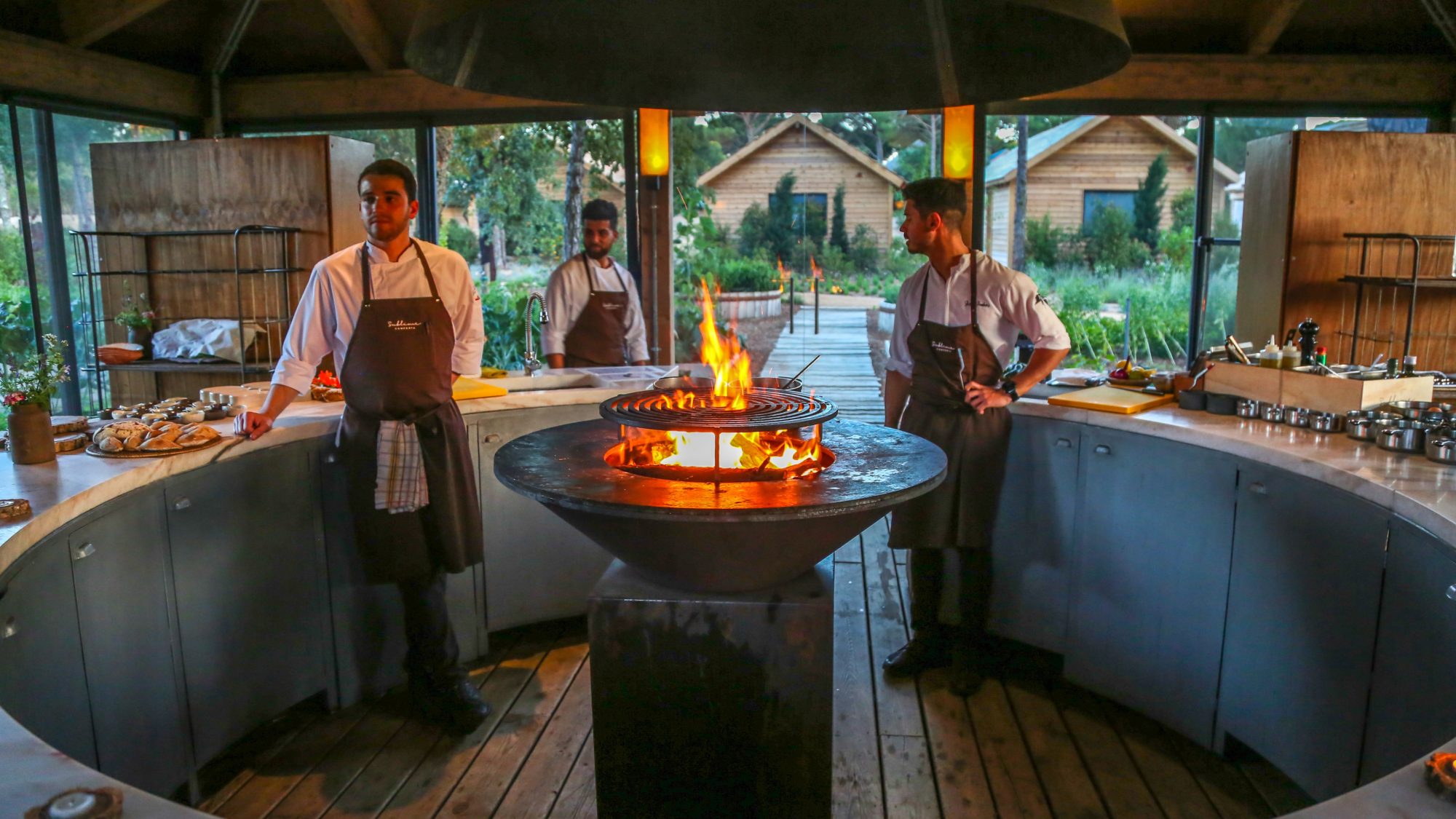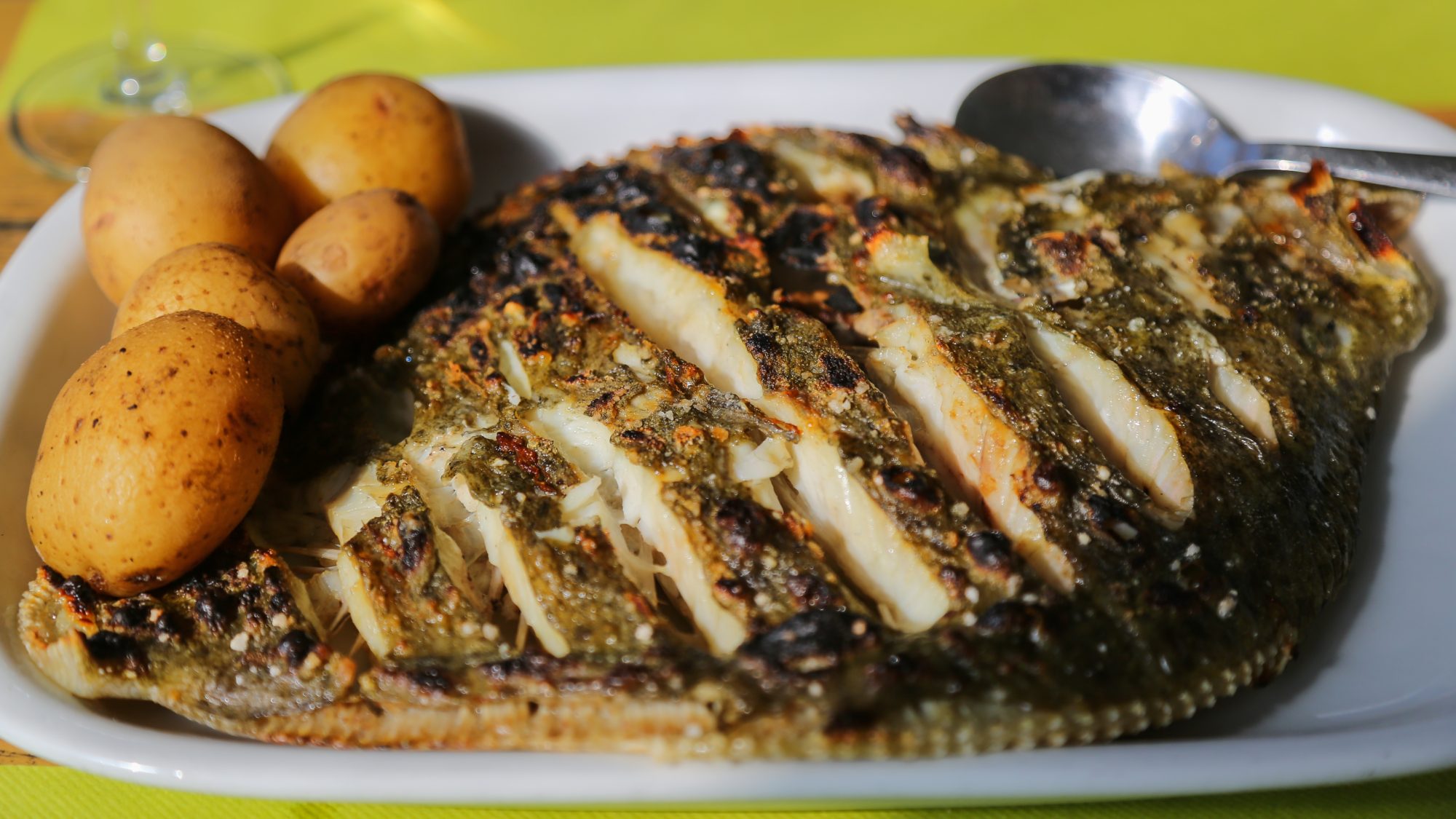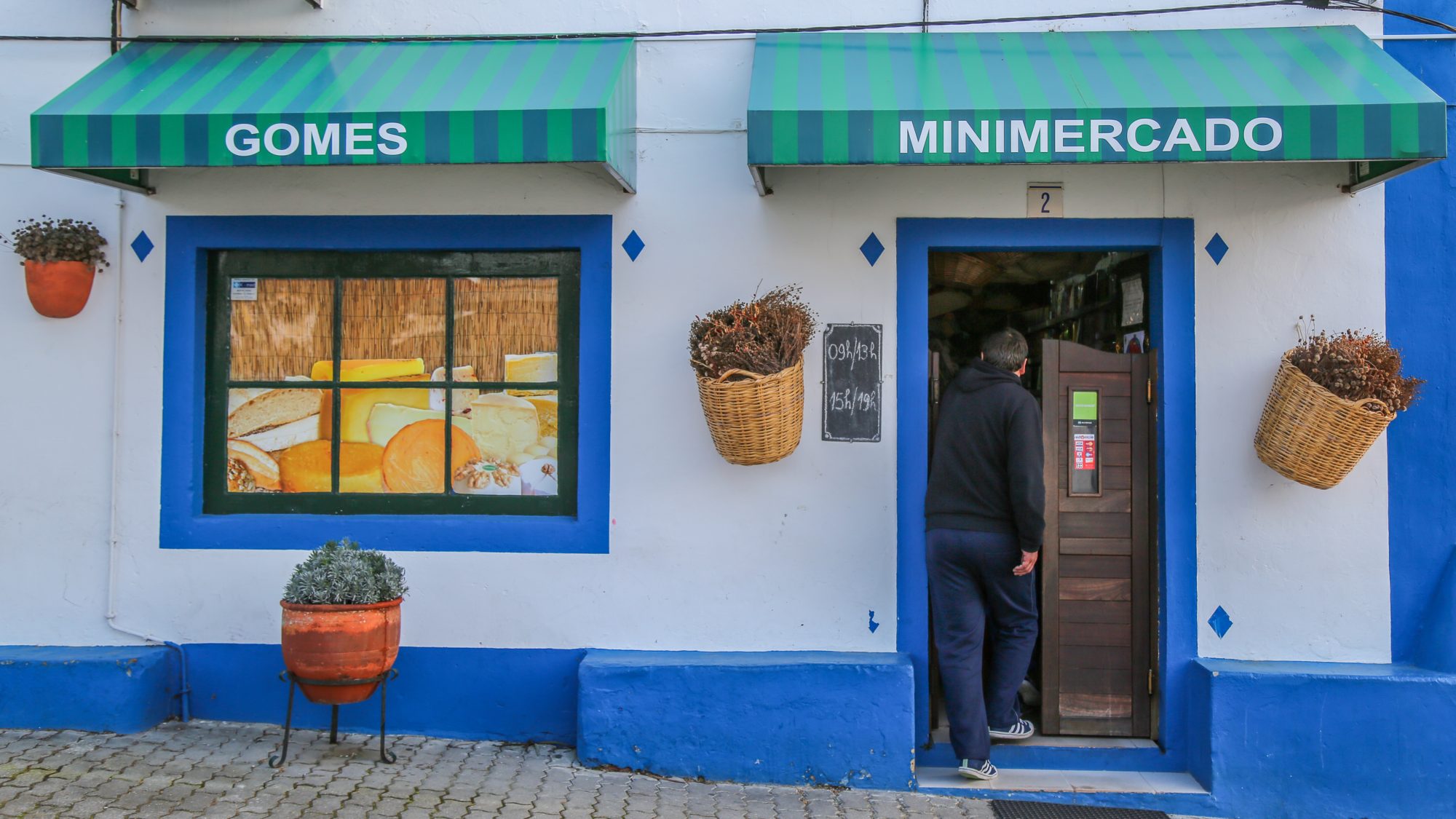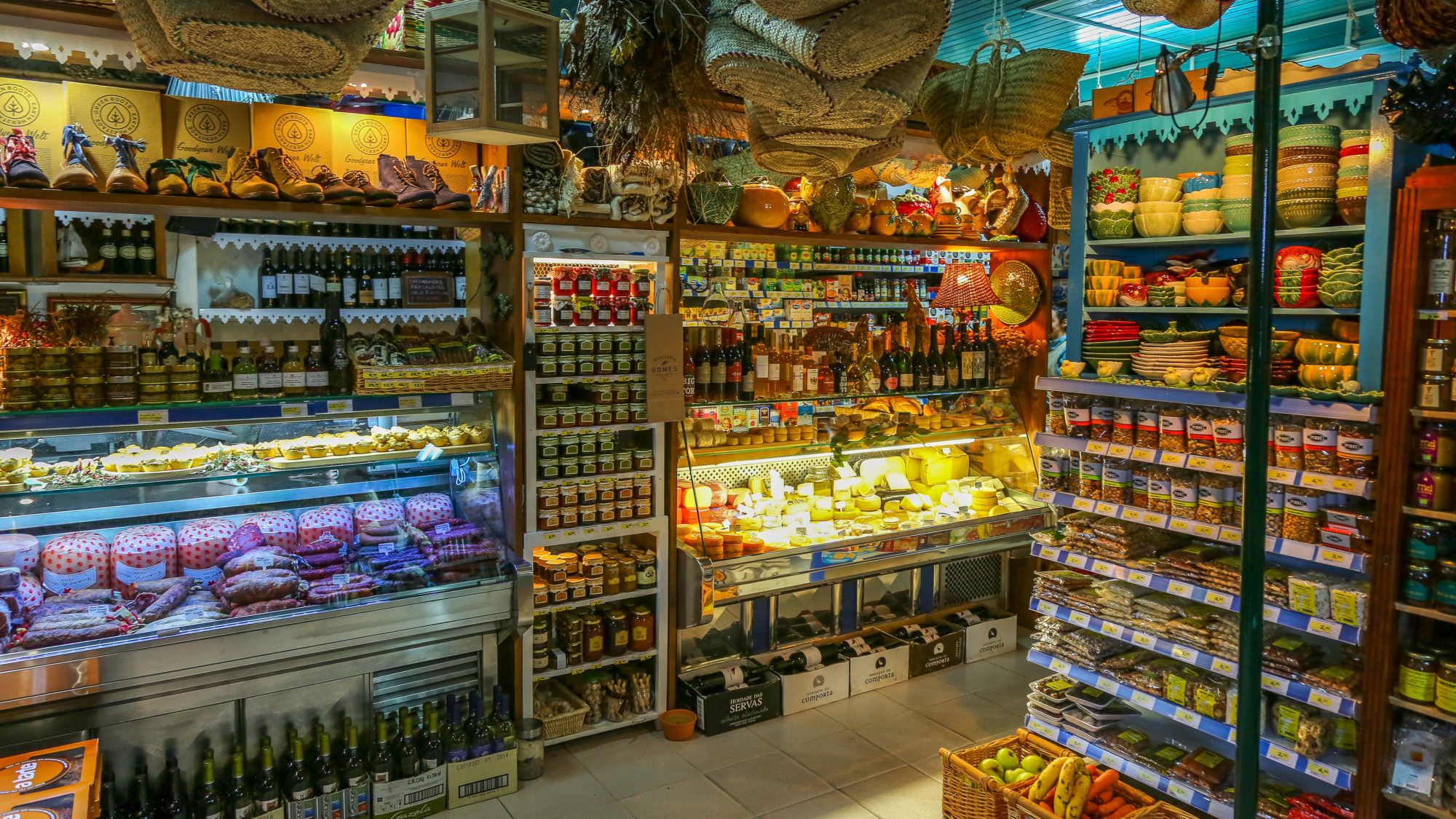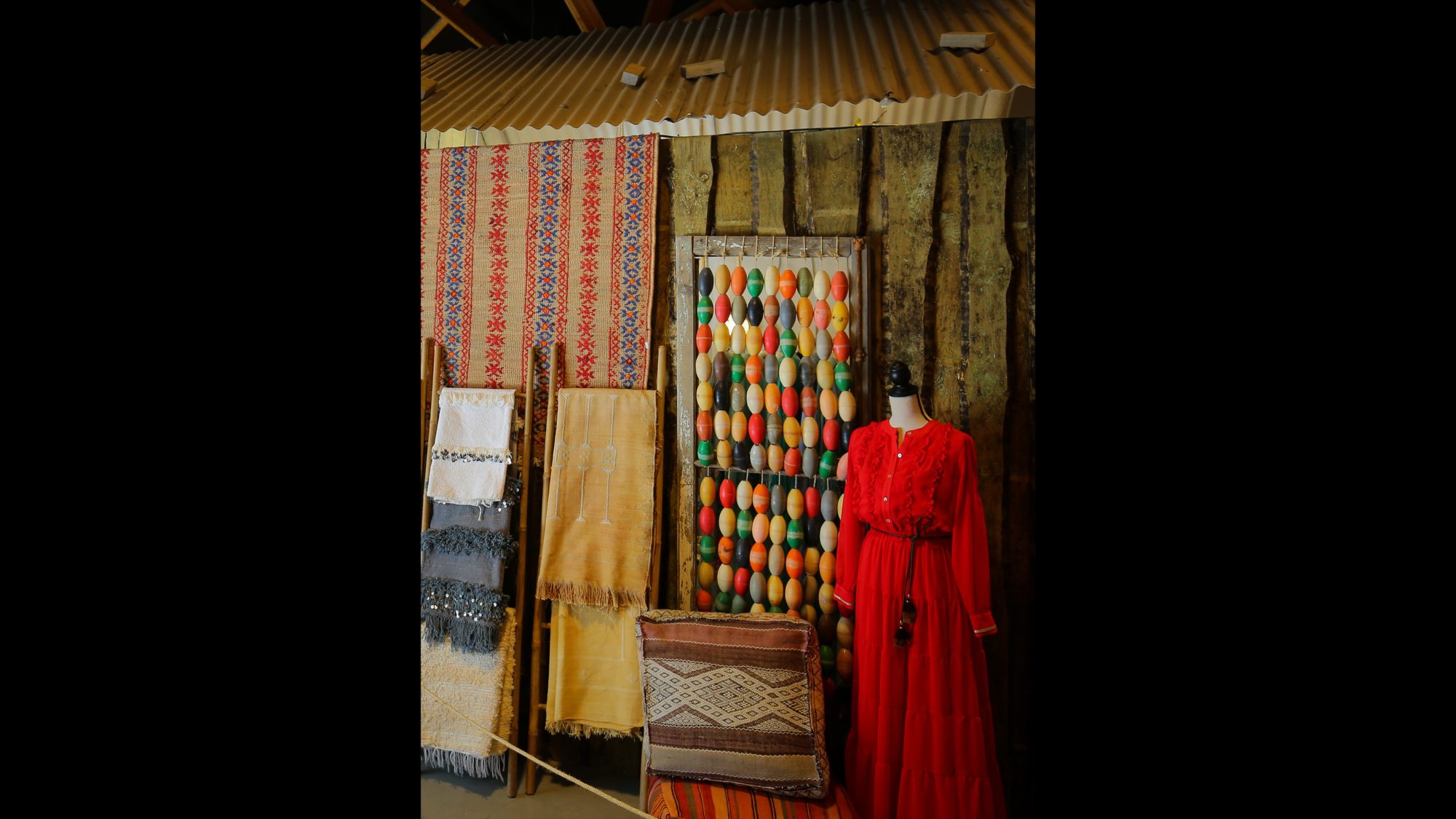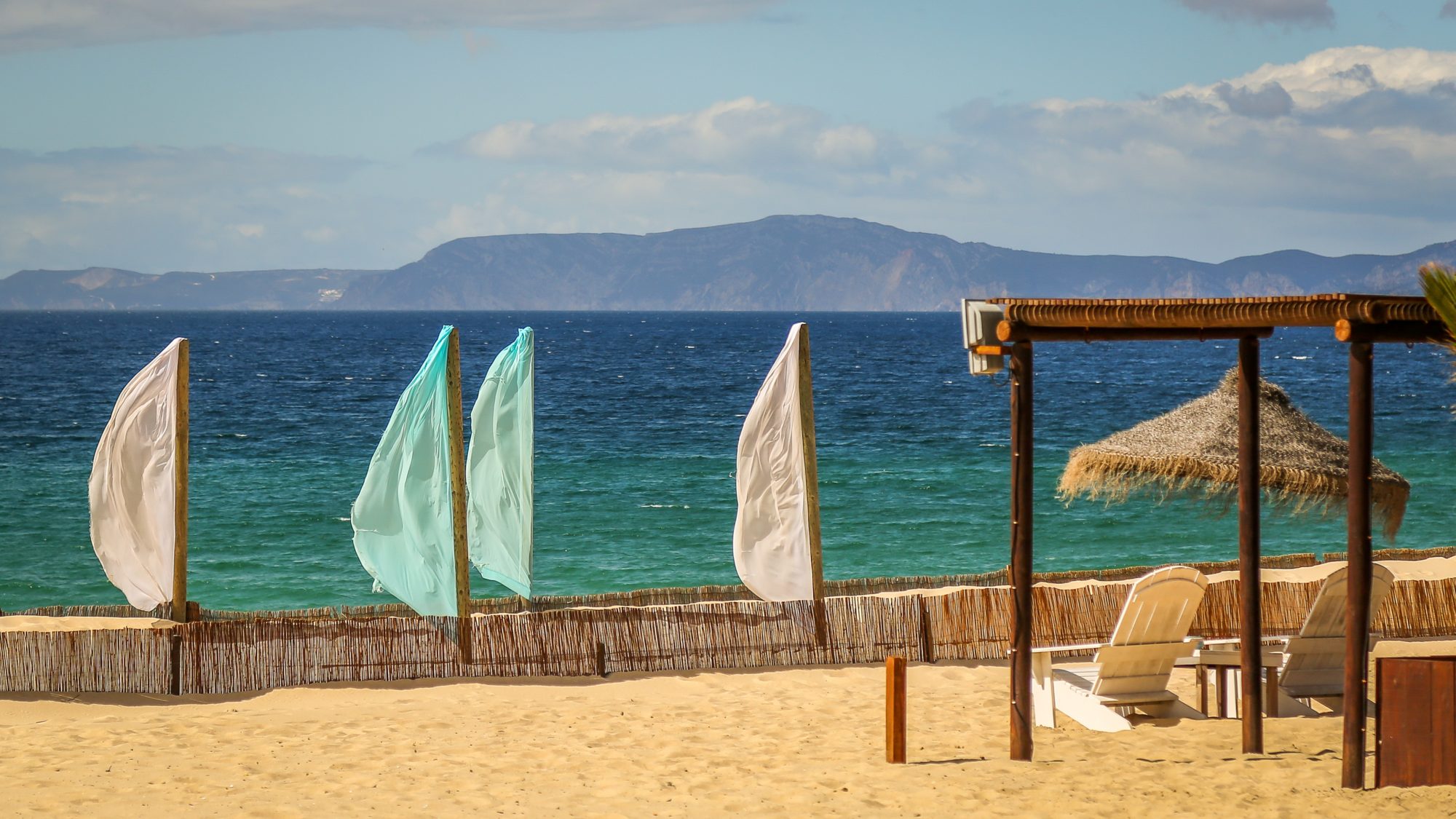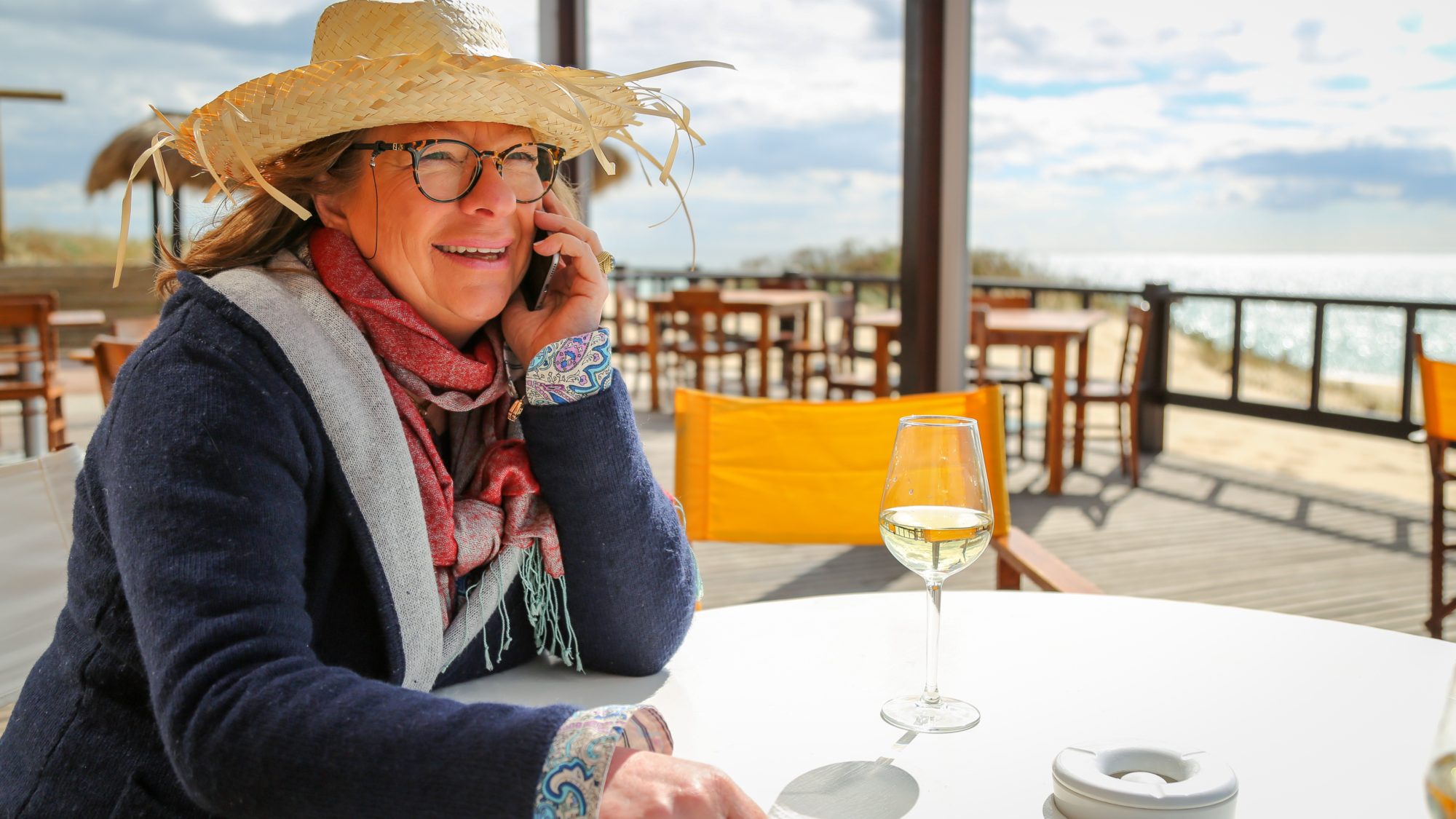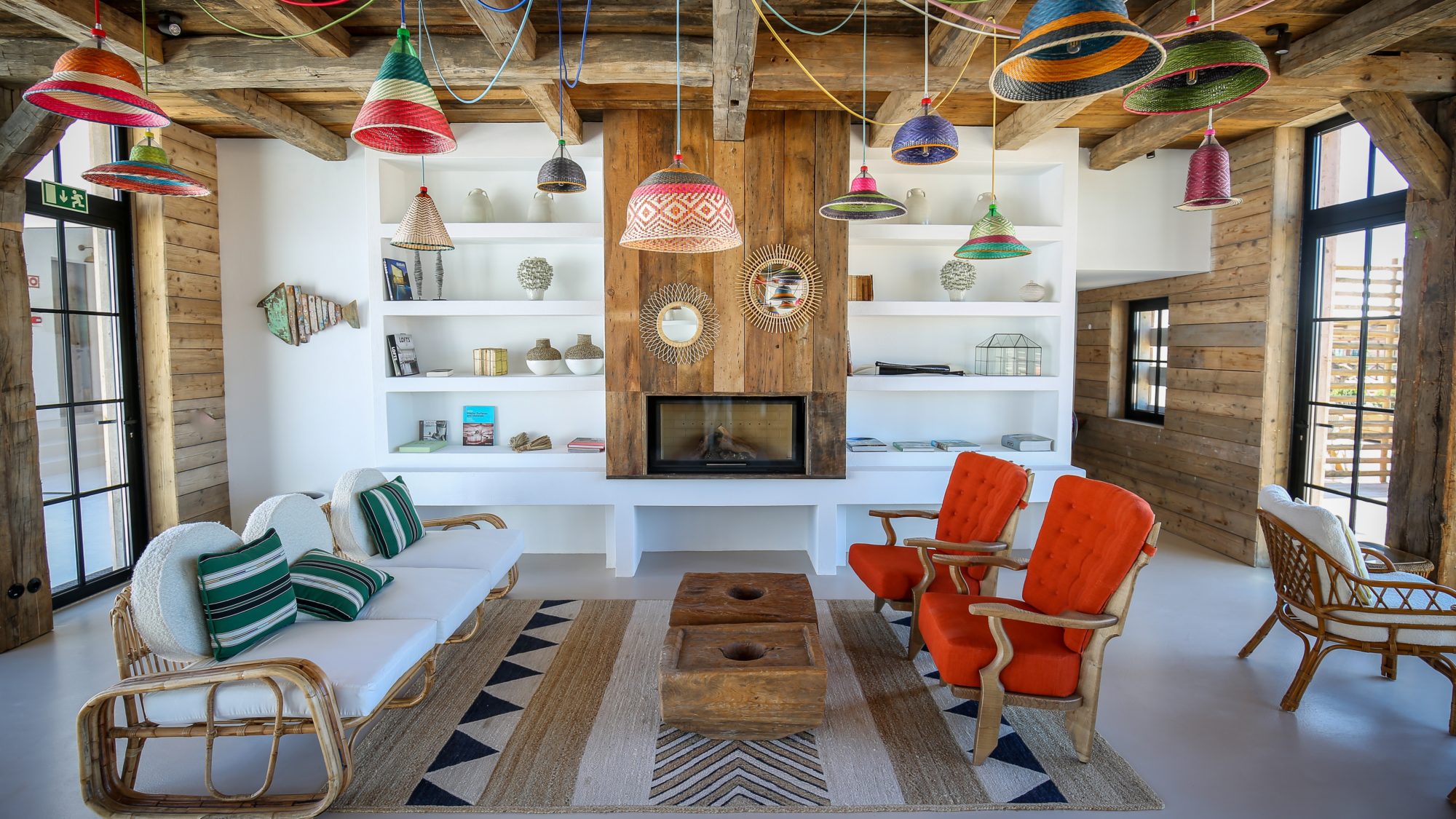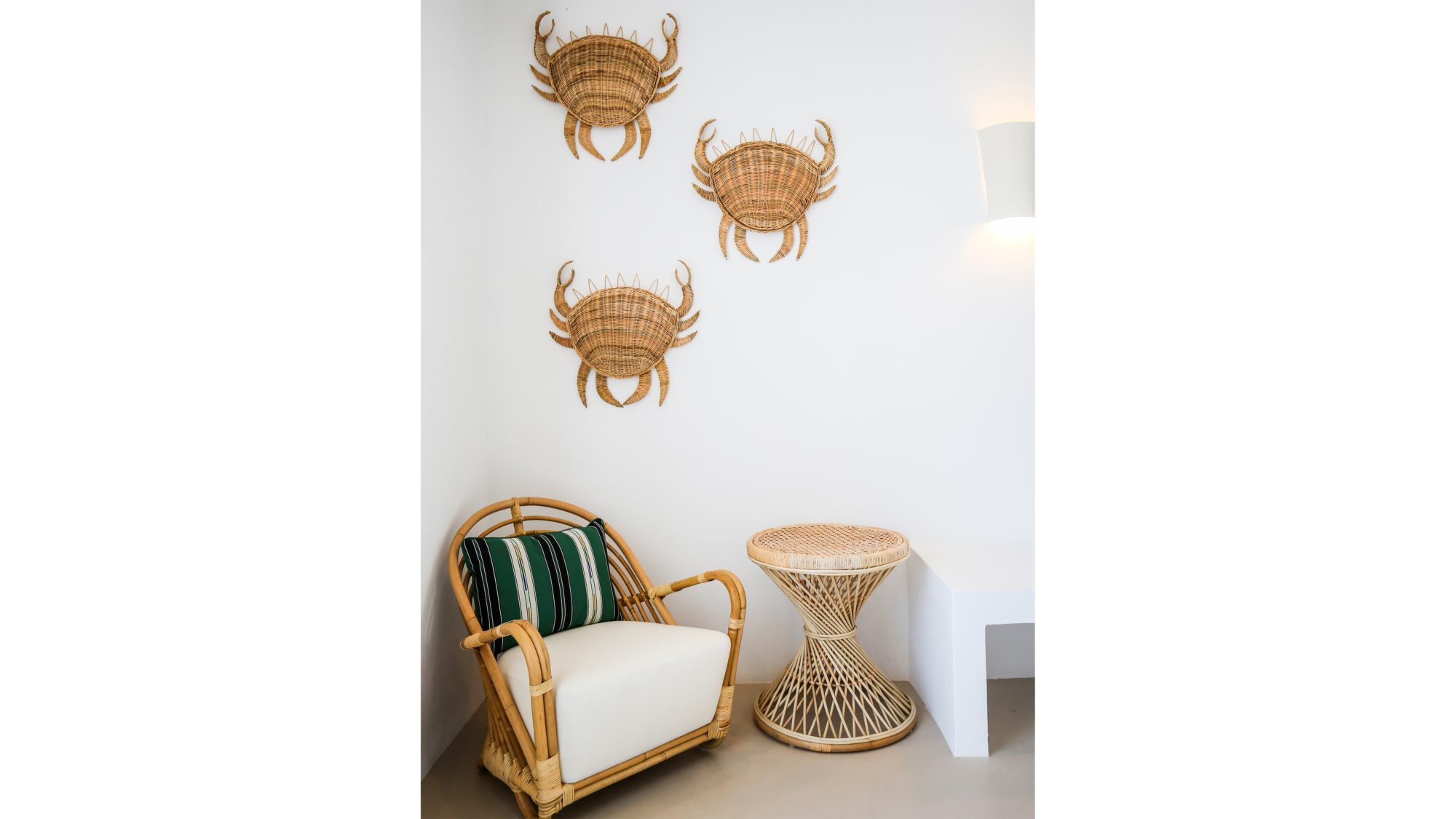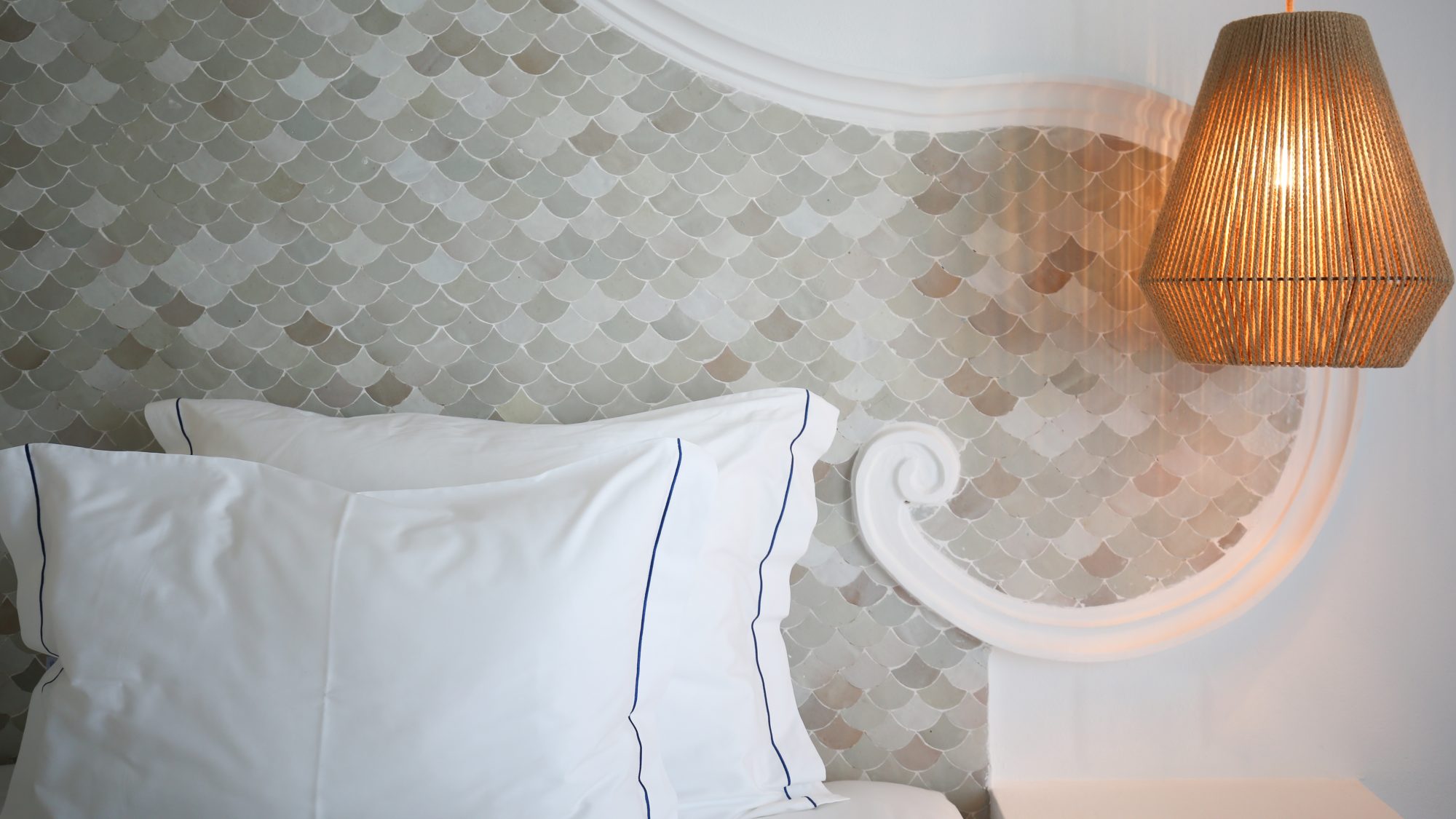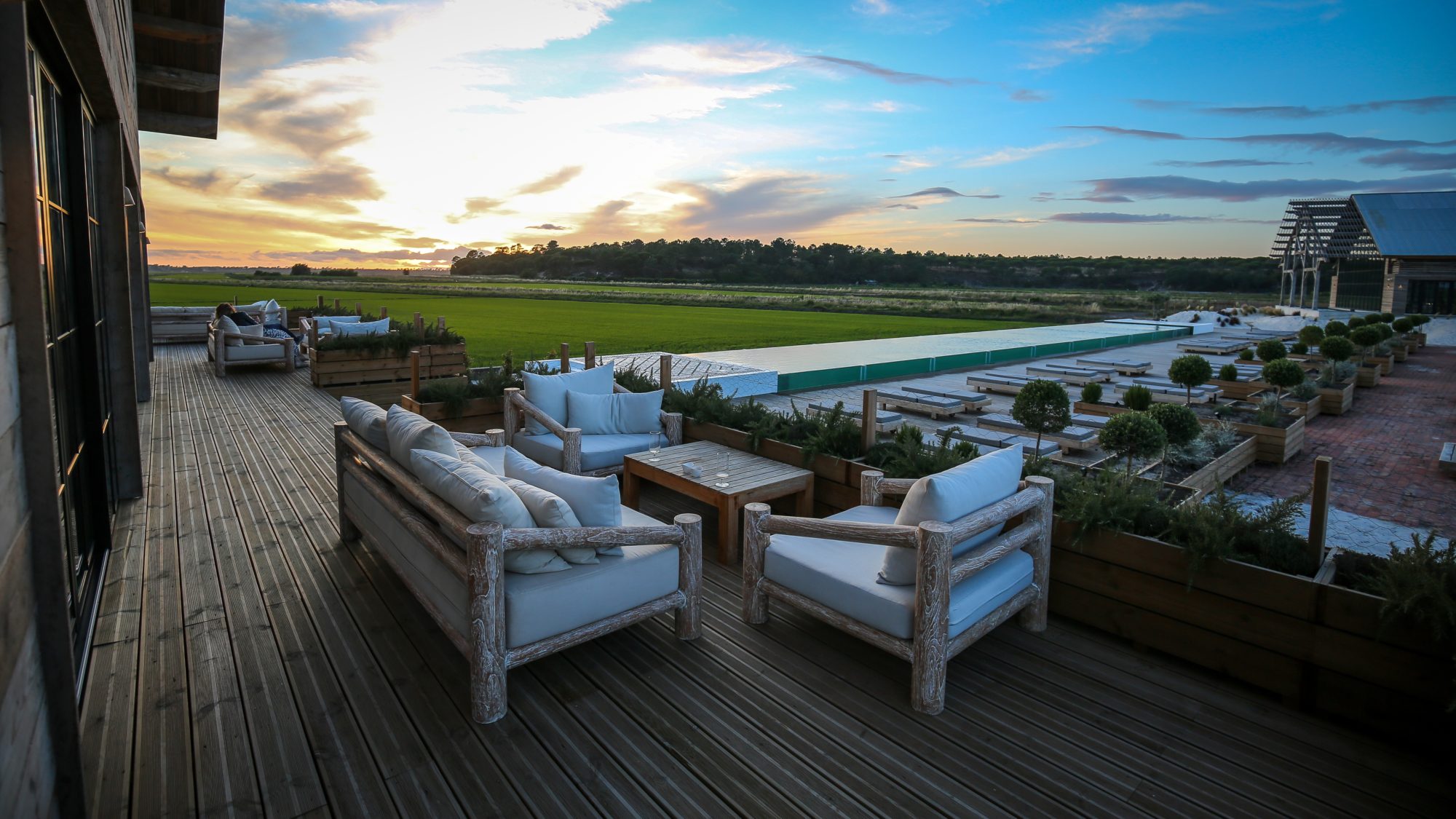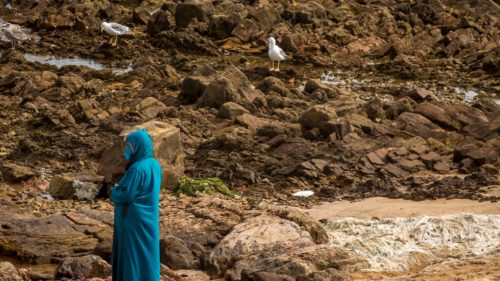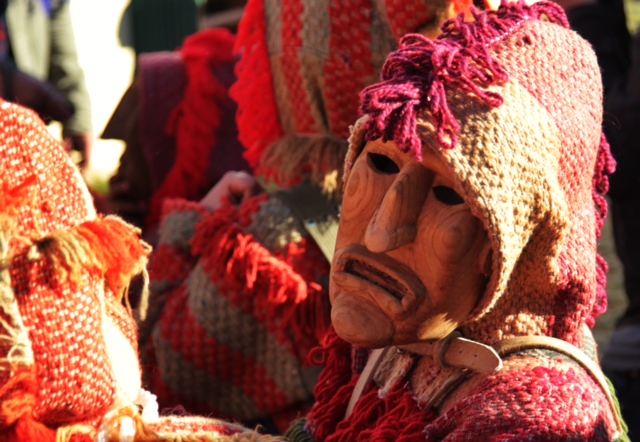Unostentatious Comporta is a Frame of Mind
As we move through the last official days of summer, my thoughts turn to the beach, or rather, the beach vacations I didn’t take this year.
I’m actually not much of a beach person. Or to be more specific, lying on a beach and a swim among the waves isn’t so much my thing as simply the notion of just being near the water. I think of some of my favourite coastal spots in the countries I plan trips in, such as Cala Deià in Mallorca or Oualidia in Morocco, where the actual “beach” is not the draw, but more broadly the coastal living. For me, that beach-not-a-beach destination in Portugal is Comporta, the antidote to the overwrought metaphors of beach tourism.
There’s plenty written about Comporta on the web that gushes along the lines of, “The Portuguese Hamptons” (that’s a stretch) or “the secret hideaway no one wants you to know about” (too late, the secret has been out for a while now). This banal brochure-speak actually does Comporta injustice. Comporta isn’t the alternative to the Algarve and it’s not the “new Ibiza”. Comporta is Comporta, and long may she stay that way.
Comporta is a small town but also refers to a collection of surrounding villages, namely Grandola, Carvalhal, Torre and Carrasqueira, among others. It’s upscale and low-key. Some cynically refer to Comporta as “where the rich go to live like they’re poor”. It retains strong fishing traditions from the nearby Sado Estuary and Nature Reserve, and agriculture is still a dominant feature, with rice fields dotted everywhere, planted by the Moors over a millennia ago. An architect’s dream destination, it has attracted big names while jealously guarding the local vernacular: fisherman’s clapboard-n-thatch style houses with Scandinavian influences, where minimalism and use of native materials dominate, all set among miles of sand dune scrub and umbrella pines. Some private houses (occasionally available for rent) cleverly hide world class interiors: French designers Louboutin, Starck, and Grange all have a pied-à-terre here.
What is amazing is the A-listers and sun seekers who’ve been frequenting the area in the last decade or so have not brought with them the larger forces of change that tend to degrade special destinations such as Comporta. No ostentatious resorts (yet), no tall buildings, and minimal infrastructure. Just the occasional thatched roof cabana here and there, some roadside and beachfront family restaurants, two excellent hotels, and a couple of shops and boutiques in the village of Comporta itself, for the incurable consumer. That’s it.
Comporta is a place that has unconsciously come up with its own defining style without ever really recognizing that it is a style – it’s the harmonious coming together of world class design meeting lush agricultural land, pine trees, sand dunes, and windy beaches that rarely feel full. And so far visitors play by the unspoken rules: an easy-going destination for couples or families. No discotheques, no banana-boat tours or drinking cruises. All you partiers out there, you can firmly cross Comporta off your list.
The idyllic, laid-back and low-key vibe that has attracted stars, designers, and the general Portuguese elite may be under threat in the coming years as major land deals have been closed in the area the past year or so and plans drawn up for “touristic villages”, golf courses, and a few more fancy hotels. I’m not saying that these are strictly negative developments, nor do I know whether Covid19 and the looming economic downturn have pulled brakes on these projects. But how they would impact the languorous air of the place remains to be seen.
For now, Comporta remains largely rural and I’m keeping my Comporta state of mind, looking forward to going back with a full schedule of doing nothing among those windy pines, seaside seafood lunches and beach walks. That’s the real pull of Comporta: the luxury of simplicity stripped of the usual poisons of coastal destinations; where natural elements are still at play and where within a stone’s throw you have miles of sandy dune-backed beaches, bottle-nose dolphins swimming in the nearby Sado Estuary, fishermen mending their nets among the pole-stilted shacks of Carrasqueira, the fresh fish that practically jumps off of your plate and jade coloured rice-fields hosting transformative sunsets, more evocative of South East Asia than south-central Portugal.
Reach out to Sebastian here to discuss what’s on offer in Comporta beyond the beautiful fa niente.
